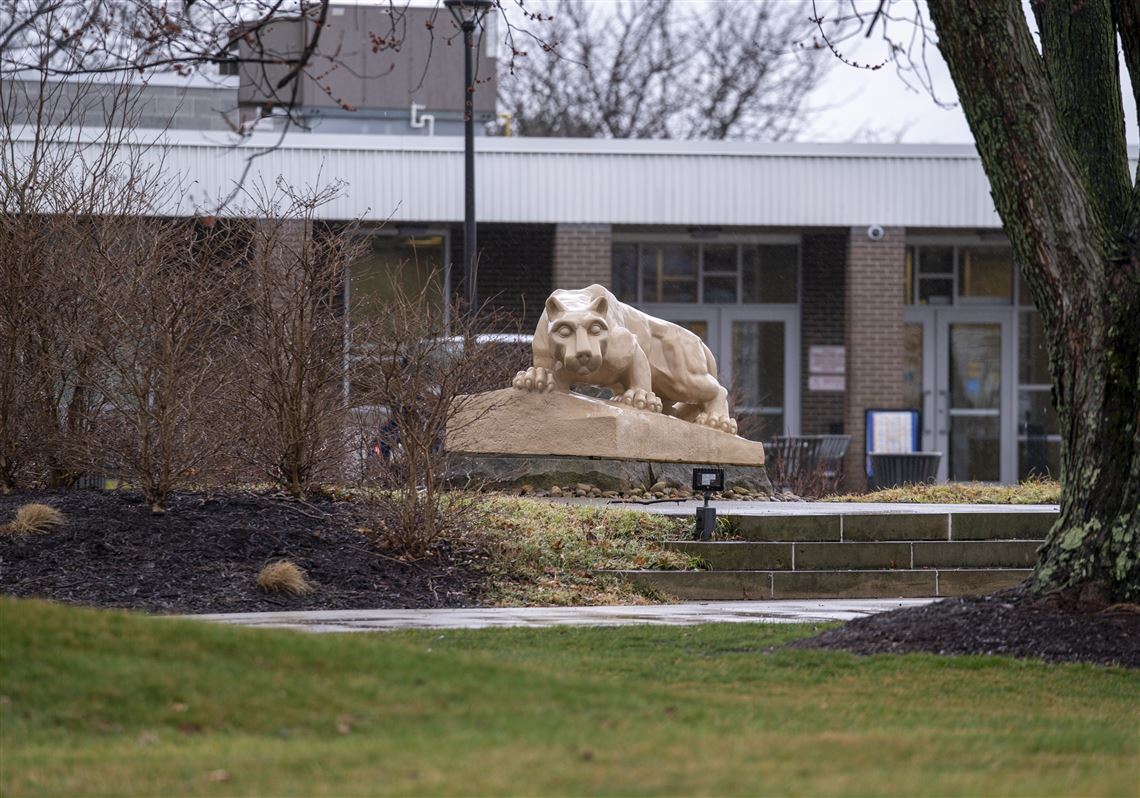Penn State’s 19 commonwealth campuses are forging a new collaboration with the state’s community colleges in an effort to expand educational access and opportunities statewide.
Through the collaboration announced last week, the commonwealth campuses will renew or enter new articulation agreements with the community colleges. These agreements, which will use a standard template, will aim to ease the transfer process for students.
The collaboration will also establish a common dual admission program between the institutions. This way, community college students who are enrolled in an associate degree program can request dual admission to one of Penn State’s branch campuses. Students must have a high school diploma to be eligible for dual admission.
And the collaboration will promote RaiseME transfer scholarships, which are awarded to students who transfer from a community college to a Penn State branch campus.
In a news release, school officials expressed optimism that the new collaboration will bolster higher education opportunities in the state.
“This new agreement between Penn State and Pennsylvania’s community colleges is built upon our shared mission to strengthen our communities, serve the students and families of our commonwealth, and create expanded pathways to the transformative power of higher education,” Penn State President Neeli Bendapudi said in the release.
Tuesday Stanley, president of Westmoreland County Community College and chair of the Pennsylvania Commission for Community Colleges, said the collaboration will “create new opportunities for community college students to become Nittany Lions.”
“We look forward to enhancing our robust partnerships with Pennsylvania colleges and universities to create additional pathways to bachelor's and higher-level degrees,” Ms. Stanley said in the release.
This announcement comes as many of the branch campuses and community colleges battle enrollment declines and financial concerns.
All five commonwealth campuses in the Pittsburgh region — Greater Allegheny, Beaver, New Kensington, Fayette and Shenango — have watched their student populations fall in the past decade.
As Penn State faces a multi-million-dollar deficit, financial cuts could come to these institutions. In January, the university announced that, in fiscal year 2026, it could ax $54 million in funding — or 14% — from the 19 commonwealth campuses. Penn State has yet to detail plans for individual campus cuts.
Proposed cuts have prompted branch campus advocacy efforts and an open letter to Gov. Josh Shapiro and Pennsylvania legislators that urges lawmakers to intervene before the cuts can come to fruition.
Meanwhile, community colleges in the Pittsburgh area have also seen their enrollments fall since the Great Recession. The pandemic exacerbated these concerns — though it’s worth noting that national data indicate that two-year institutions did see a bump in enrollment between 2022 and 2023.
Challenges have also hit Pennsylvania’s state system universities. To alleviate concerns at the community colleges and state schools, Mr. Shapiro wants to put those institutions under the same umbrella and cap tuition and fees at $1,000 per semester for students who meet certain financial guidelines.
In February, Penn State’s Faculty Senate recommended that Penn State administrators contact Mr. Shapiro’s office in an attempt to include the commonwealth campuses in the governor’s proposed tuition cap plan.
First Published: March 12, 2024, 9:30 a.m.
Updated: March 12, 2024, 5:31 p.m.
















